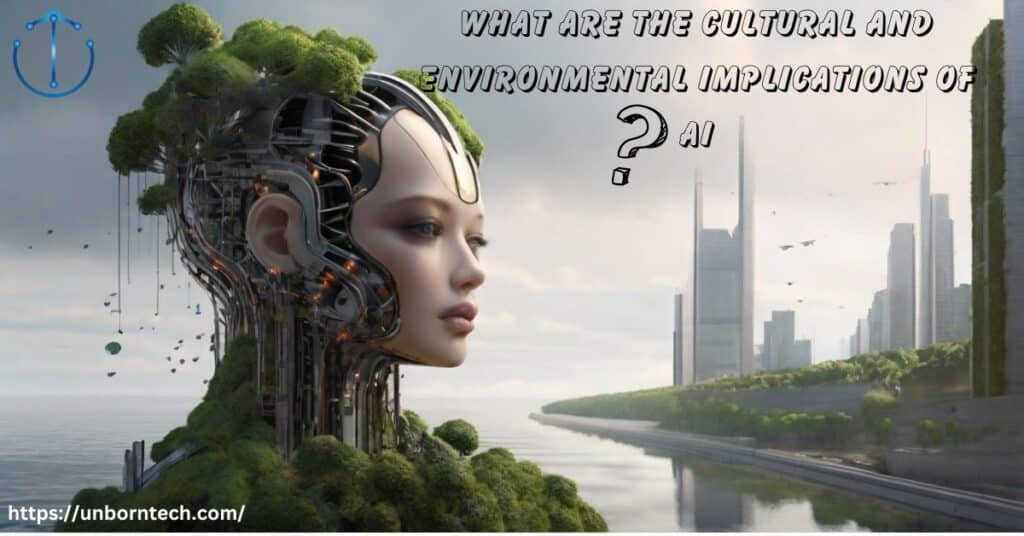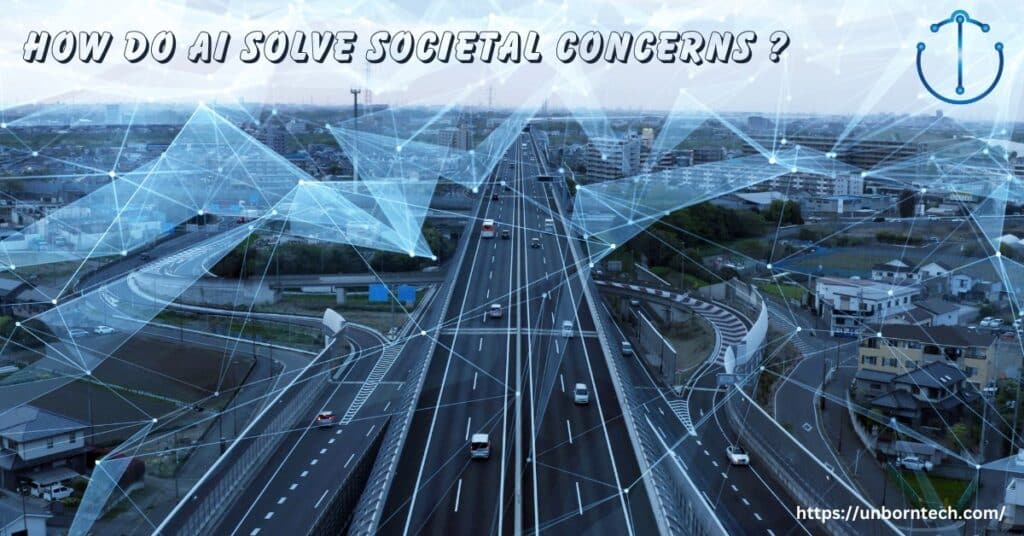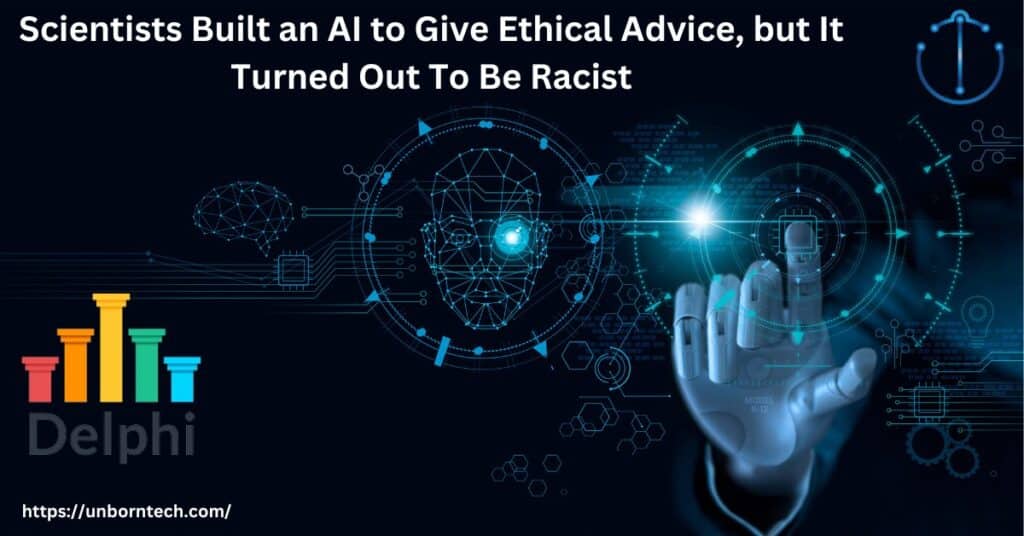In the realm of technological advancement, Artificial Intelligence stands out as one of the most transformative innovations of our time. Its applications span various sectors, from healthcare to finance, entertainment to transportation.
However, beyond its functional aspects, AI carries profound cultural and environmental implications that shape our societies and ecosystems.
In this blog post, we delve into the multifaceted impacts of AI on culture and the environment, exploring both the promises and challenges it presents.
Table of Contents
Cultural Implications of AI
Here are a few prominent implications of AI on global culture;
1. Shifts in Employment Dynamics
AI adoption is reshaping the job market, leading to concerns about unemployment and the displacement of traditional roles.
According to a report by the World Economic Forum, by 2025, automation and AI are projected to displace 85 million jobs, while creating 97 million new ones.
This dynamic shift necessitates re-skilling and upskilling initiatives to ensure the workforce remains relevant in the digital age.
2. Cultural Bias and Fairness
AI programs often learn from data that may already have biases. This means they can make unfair decisions or judgments based on things like race or gender.
For example, facial recognition technology has shown biases against certain races and genders, which is a big concern for fairness and equality.
To fix this, it’s important for the teams making AI to be diverse, and they need to test their algorithms really well to make sure they don’t unfairly favor one group over another.
3. Erosion of Privacy
The increasing use of AI in surveillance can put people’s privacy and rights at risk. This includes things like facial recognition and predictive analysis, where individuals can be watched all the time.
This raises worries about living in a society where everyone is watched, like in the book “1984” by George Orwell.
It’s important to find a balance between keeping people safe and respecting their privacy to protect everyone’s rights in today’s digital world.
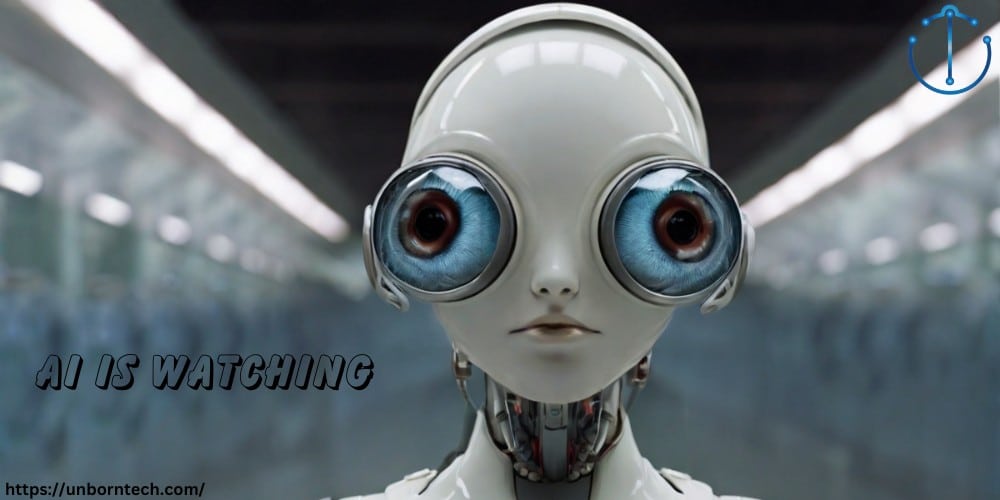
4. Cultural Creativity and Expression
AI tools have revolutionized creative industries, enabling new forms of artistic expression and cultural production.
From AI-generated music compositions to algorithmic art, creatives are exploring the boundaries of human-machine collaboration.
While AI augments artistic processes, questions arise regarding authorship, authenticity, and the future of creativity in an AI-driven world.
5. Language and Communication
AI-powered language translation services have bridged linguistic barriers, enabling global communication.
Services like Google Translate process over 100 billion words daily, facilitating cross-cultural interactions and fostering understanding.
Environmental Implications of AI
Here are a few prominent implications of AI on the environment;
1. Energy Consumption
Training and running AI programs need a lot of computer power, which uses up a lot of energy and adds to carbon pollution. Big AI models like GPT-3 need tons of computer resources, making the problem worse.
To lessen the environmental impact, it’s important to use energy-efficient AI systems and switch to renewable energy sources in data centers. This can help reduce the harm AI does to the environment.
2. E-Waste and Resource Depletion
New technology becomes old pretty quickly, and with more AI devices around, we’re making more electronic waste (e-waste) and using up more resources. This happens because AI is used in lots of things, like smartphones and self-driving cars.
To stop the environment from getting worse, we need to design products that last longer and can be recycled easily when we’re done with them. This way, we can cut down on how much electronic waste we make and save resources for the future.
3. Climate Change Modeling and Mitigation
While AI is known for its contribution to environmental issues, it’s important to note that on the flip side, it can also be harnessed to mitigate these problems.
AI is really important for studying climate change. It helps scientists and leaders make better predictions and plans to fight climate change. They use AI to study data from satellites and find ways to make renewable energy systems work better.
Using AI for sustainable development is key to building a future where we can handle the challenges of climate change and protect the environment.
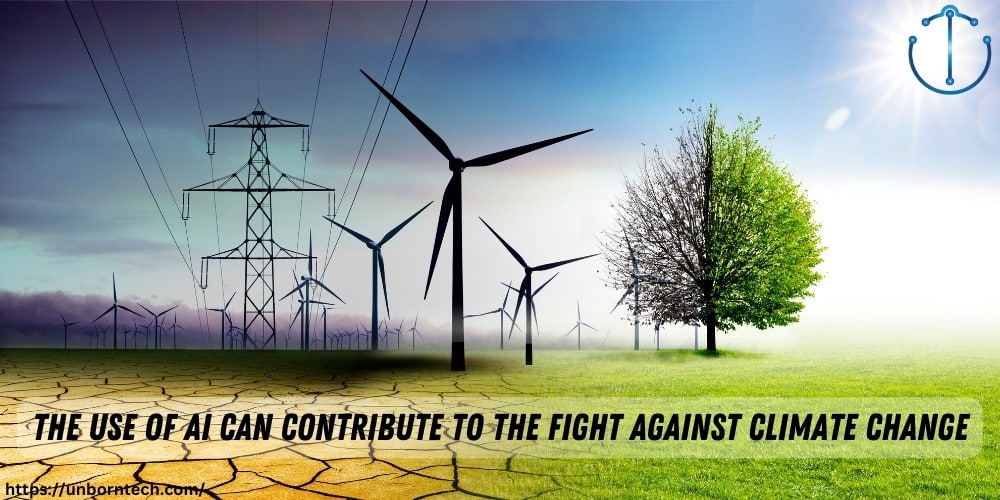
4. Precision Agriculture
AI-driven precision agriculture techniques enable farmers to optimize resource utilization, reduce chemical inputs, and mitigate environmental impact.
For instance, studies show that these technologies can increase crop yields by up to 10-25% while reducing pesticide use by 30-50%.
By harnessing AI technology, farmers can make informed decisions, leading to increased productivity and reduced environmental footprint in agriculture.
5. Ecological Monitoring and Conservation
Despite its environmental drawbacks, AI also holds promise for environmental conservation and sustainability.
AI-powered tools can analyze vast datasets to monitor ecosystems, track wildlife populations, and predict environmental changes.
For example, environmentalists use AI algorithms to identify and protect endangered species, optimize resource allocation, and mitigate the impacts of climate change.
Addressing the Impacts
How can we address these Cultural and Environmental Implications of AI?
Let’s find out;
1. Regulatory Frameworks
Governments and regulatory bodies play a crucial role in mitigating the cultural and environmental impacts of AI through the implementation of robust regulatory frameworks.
These frameworks should encompass guidelines for ethical AI development, data privacy protection measures, and sustainability standards for AI infrastructure.
2. Ethical AI Standards
Establishing industry-wide ethical standards for AI development and deployment is essential. These standards should outline principles for fairness, transparency, accountability, and inclusivity in AI systems.
Adhering to ethical guidelines can help mitigate potential cultural biases, enhance user trust, and promote responsible AI practices across industries.
3. Education and Awareness
Promoting public awareness and understanding of AI’s cultural and environmental implications is utmost.
Educational initiatives can empower individuals to make informed decisions about AI adoption, advocate for responsible AI practices, and participate in discussions shaping AI policies and regulations.
4. Innovation for Sustainability
Encouraging innovation in AI technologies that prioritize sustainability is essential.
This includes developing energy-efficient algorithms, implementing green computing practices in data centers, and exploring alternative materials for hardware production to reduce environmental impact.
5. Accessible and Inclusive AI Development
Making sure that AI is available to everyone and considers different cultural views is crucial for lessening its cultural impact.
This means having diverse teams working on AI, thinking about cultural differences when creating AI programs, and including marginalized groups in designing and using AI solutions.
6. Circular Economy Approaches
Following circular economy principles can reduce how much AI affects the environment.
This means making AI products that last longer, can be fixed easily, and are recyclable. It also involves finding ways to keep AI devices working longer through upgrades and repairs.
By using circular economy models for AI hardware and infrastructure, we can make less waste and use resources better from when products are made to when they’re thrown away.
Conclusion
In summary, the effects of AI on culture and the environment are complex, presenting both advantages and obstacles.
As we adapt to the changing landscape shaped by AI, it’s crucial to keep ethics in mind, encourage diversity, and choose sustainable methods.
By using AI responsibly, we can tap into its ability to bring positive changes, fostering fairness, creativity, and environmental preservation in our society.
Frequently Asked Questions (FAQs)
How does AI impact job security?
AI may automate certain tasks, leading to job displacement in some sectors, but it also creates new employment opportunities through technological innovation and skill development.
Are AI algorithms biased?
Yes, AI algorithms can exhibit biases if trained on biased datasets. Addressing bias requires diverse data sources and rigorous testing to ensure fairness and inclusivity.
What is the role of AI in climate change mitigation?
AI facilitates advanced climate modeling, prediction, and mitigation strategies. It empowers scientists and policymakers to address the complexities of climate change through data-driven insights and solutions.
Can AI help in agricultural sustainability?
Yes, AI-driven precision agriculture techniques optimize resource utilization, reduce chemical inputs, and promote sustainable farming practices, thereby contributing to environmental conservation.
Does AI contribute to electronic waste?
Yes, the rapid pace of technological advancement and the proliferation of AI-enabled devices contribute to electronic waste accumulation. Sustainable product design and recycling mechanisms are essential for minimizing environmental impact.
What is the environmental impact of AI?
AI contributes to energy consumption, e-waste accumulation, and resource depletion. Adopting energy-efficient architectures and sustainable practices is essential to mitigate its environmental footprint.
What role does AI play in agriculture?
AI enables precision agriculture techniques to optimize resource utilization, reduce chemical inputs, and promote environmental sustainability. It also supports biodiversity conservation and habitat restoration.

